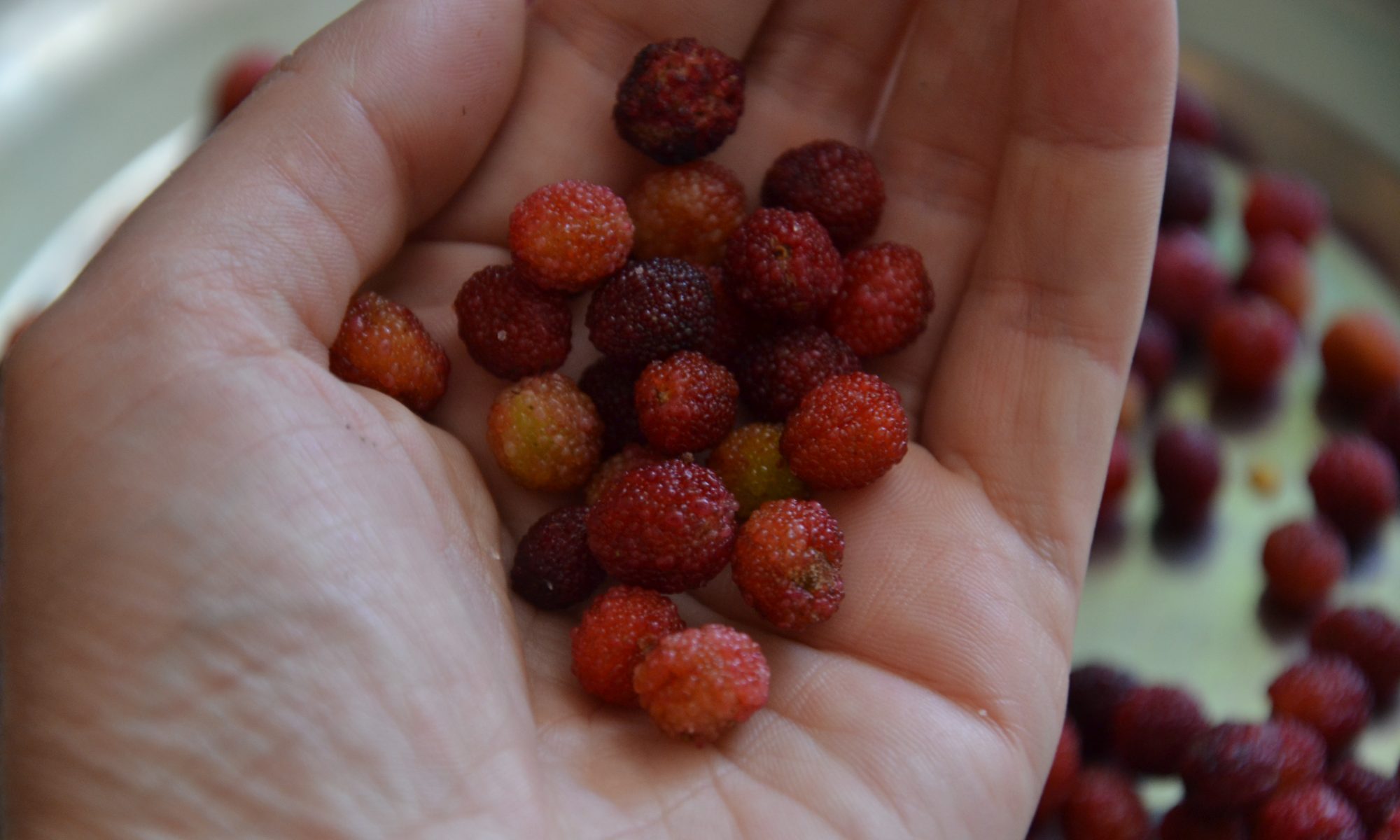Before there have been smart phones, singles would frequently visit pubs or groups and attempt to satisfy “the One,” or at minimum the main one for that evening. Alcohol-induced courage and a high bar tab later on, singles had been along with their game or it ended up being “game over” — before the next week-end.
Tech has conserved singles from all that. With smart phones, we are able to now carry scores of prospective love passions within our pouches. The next individual is just a couple swipes, presses or texts away.
Dating apps are just growing in appeal, without any indication of slowing. Match.com has a lot more than 7 million compensated members, a growth from 3.4 million in 2014. In accordance with Tinder, the software creates 1.6 billion swipes a day, causing 1.5 million times (on average a couple of user that is per a week.
Hook-up latin bride tradition on Tinder is not exactly what it accustomed be, either. Short-term intimate relationships over one-night stands appear to be exactly what users crave, in accordance with a study that is new by the Norwegian University of Science and tech. With increasingly more users whose desires are moving, the stigma of getting a mate on the net is lessening.
It is all of this dating that is easy us happier? Not likely.
Rejection is genuine, even online
You send out an email up to a match that goes unanswered. You swipe right and never get it reciprocated. You are going on a night out together, simply to be “ghosted” later.
Rejection hurts, and not soleley metaphorically. Being refused promotes exactly the same the main mind that processes pain that is physical in accordance with a 2011 research through the procedures regarding the nationwide Academy of Sciences.
“Social rejection and real discomfort are comparable not merely in they are both upsetting, they share a typical representation in somatosensory mind systems too,” the study’s writers composed. Fundamentally, our minds can’t inform the difference between a broken heart and a broken bone tissue.
In place of one rejection at a bar for a Saturday evening, the rise in popularity of internet dating gives users a lot more possibilities to feel rejected faster.
Swiping and self-esteem
The interest in online dating sites might also influence the way we perceive ourselves, based on a 2017 research posted into the journal that is peer-reviewed Image.
About 1,300 (mostly) college-age pupils had been inquired about their Tinder use, human anatomy image and self-esteem. The research unearthed that gents and ladies whom utilize the software may actually have lower self-esteem compared to those whom don’t. As a whole, Tinder users reported less satisfaction making use of their bodies and appearance than non-users, research author Jessica Strübel had written.
“As a direct result how a application works and just what it entails of its users, folks who are on Tinder after a few years can start to feel depersonalized and disposable within their social interactions, develop heightened awareness (and critique) of these appearance and systems and think that there’s always something better just about to happen, or in other words with all the next swipe of these display, even when questioning their very own worth,” StrГјbel wrote.
Chronilogical age of technology addiction
Five dating apps — Tinder, Bumble, Match, a great amount of Fish and Zoosk — rank into the top 50 highest-grossing social apps when you look at the Apple shop, with Tinder becoming the entire app that is top-grossing September thanks to Tinder Gold, a compensated “add-on” of premium features.
But as dating apps gain appeal and profitability, will there be a higher price in convenience over wellbeing?
This past year, Match.com released a study that is volunteer-based current relationship styles. Even though study wasn’t scientific, the total outcomes had been exposing. Nearly one out of six singles (15%) reported feeling hooked on the process that is online of for a night out together. Millennials had been 125percent very likely to state they feel dependent on dating. Guys were 97percent more prone to feel dependent on dating than females, but 54% of women felt more burned down by the procedure.
“People who self-described as having behaviors that are really addictive-style the online world and cellphones scored a lot higher on despair and anxiety scales,” said University of Illinois therapy teacher Alejandro Lleras, whom carried out a research in 2016 that connected technology obsession with anxiety and despair. Researchers surveyed 300 college pupils about their psychological state, cellular phone and internet usage, and motivations for making use of gadgets.
“With growing help for the connection between technology usage and psychological state, the partnership between inspiration for mobile phone or internet usage and well-being warrants further research,” he stated.
